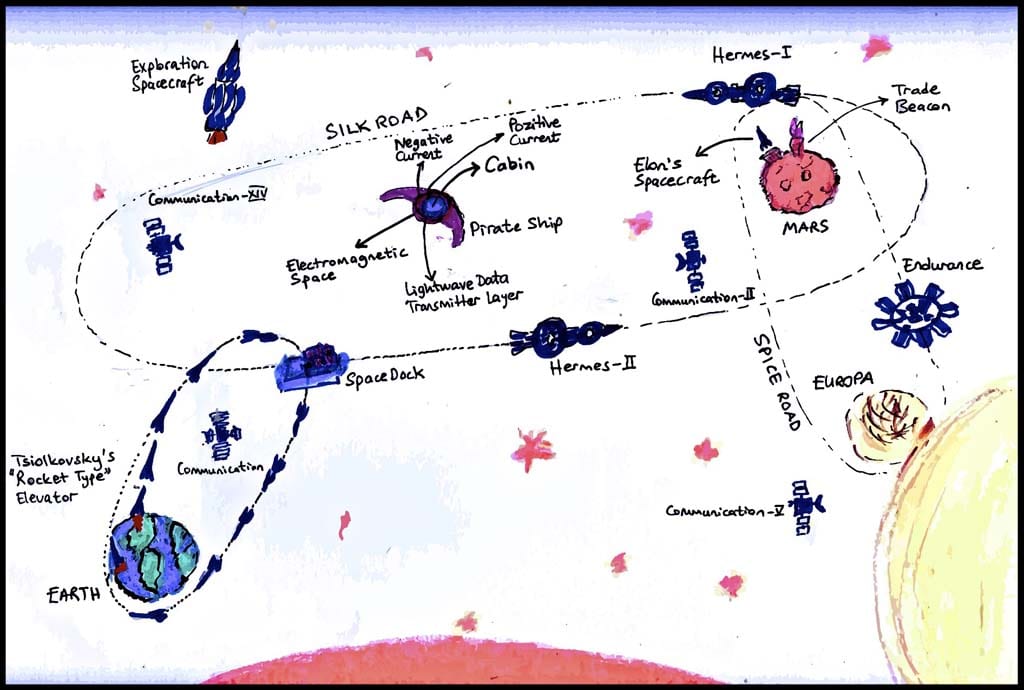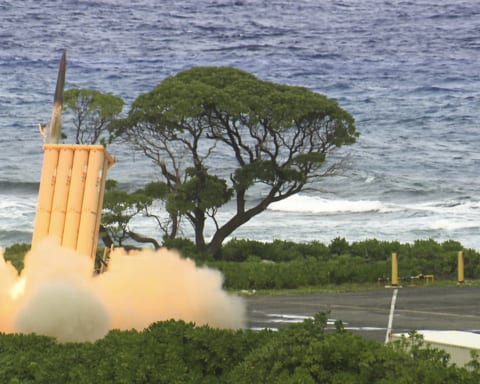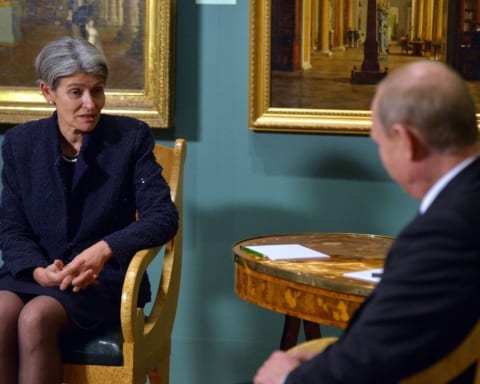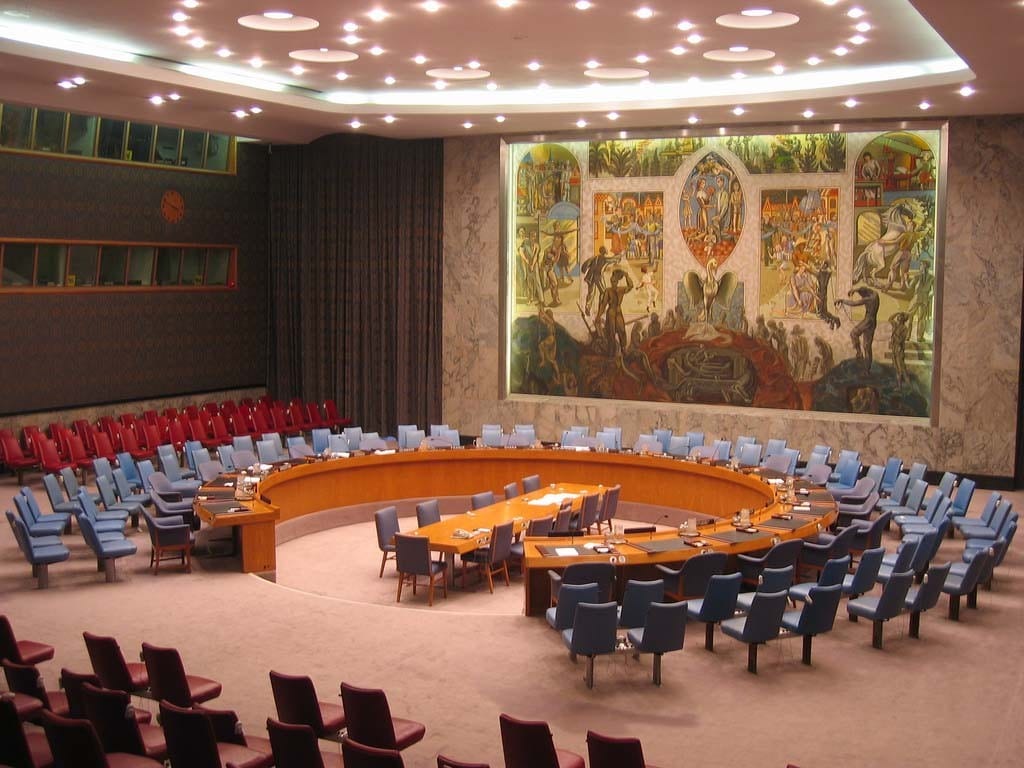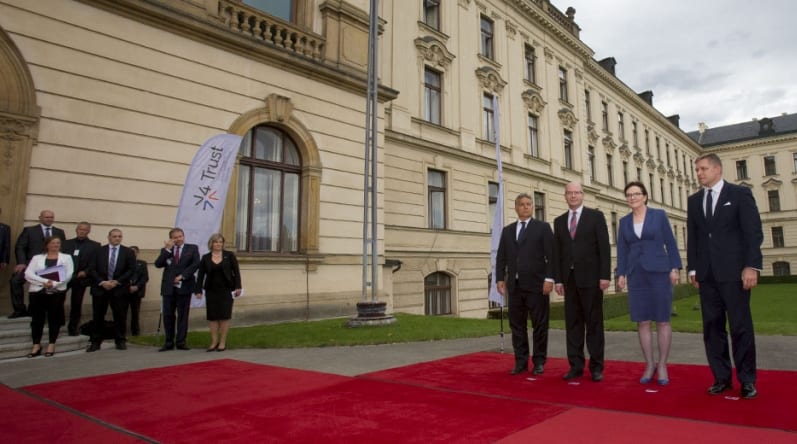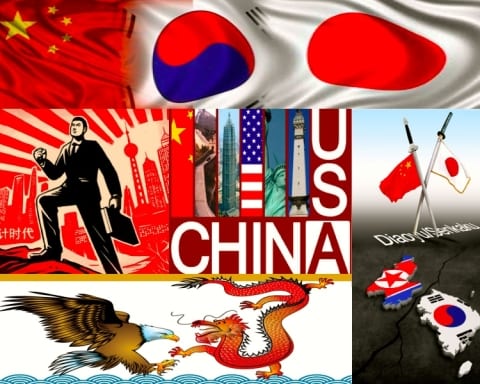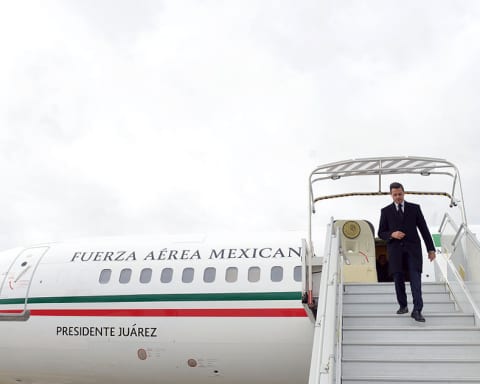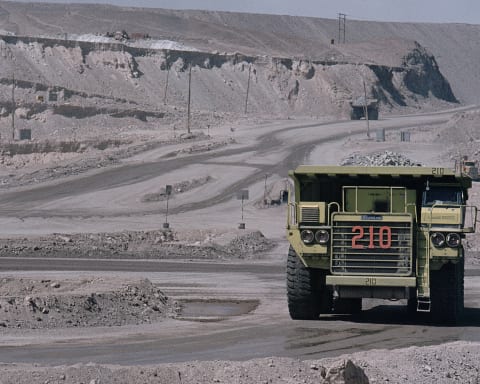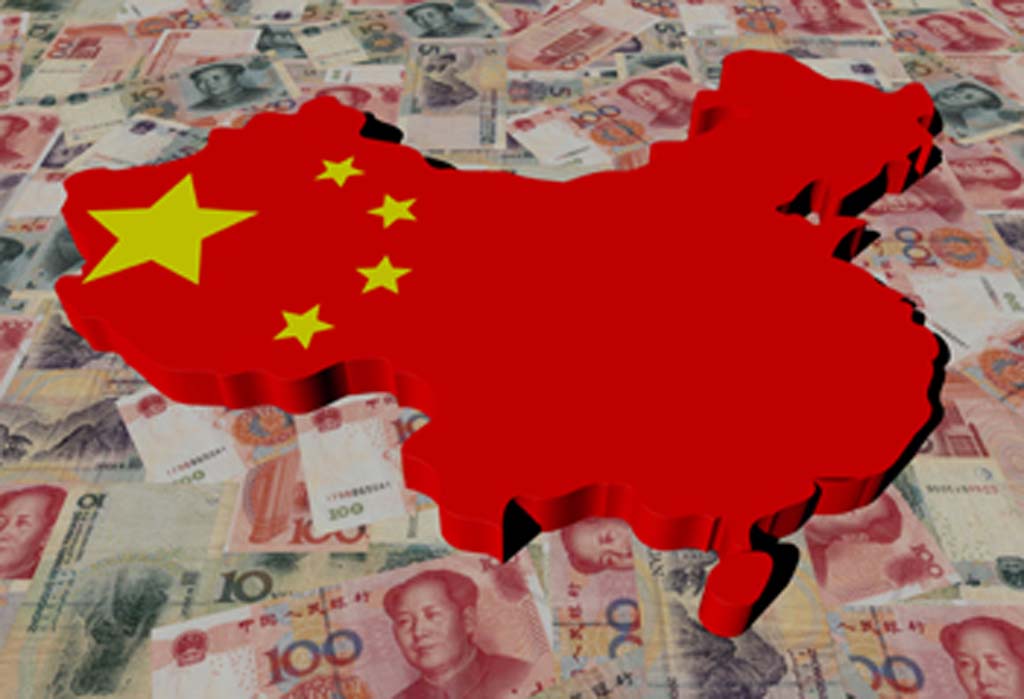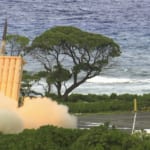Lets begin with a question: How is trade created? At first an intellectual being defines a phenomenon and then that person (or maybe someone else who has somehow acquired that knowledge) generates an interest for it. Spontaneously that interest defines a need which ends up with an exchange. The difficulty of this process can vary; sometimes rocket science is required to define a phenomenon but sometimes it is as easy as lighting a beacon. For instance the Silk Road of the ancient world was not even a leveled sand road but rather several beacons lit by the locals to invite trade caravans. As a result goods, science and culture were transported to both ends of the known world, forming our past. It is of course a fact of history that trade has not only created immeasurable wealth but also caused devastating wars. Some countries boosted their intellectual capacity and flourished whereas some regions ended up covered by sand plagued by chronic instability. That’s why we read about geopolitics in our daily lives. History gave us a great example when colonialism overturned the existing Central Asian and Middle Eastern status-quo causing the wealth of European Empires’ to be revolutionary in every aspect at the expensive of others. The time of the Middle East has already past. Their phenomena are over. Unfortunately losing economic importance not only takes away wealth but also erodes the science and the culture of the nation; triggering inevitable decay (a deadly loop). Regrettably I cannot envision any possible scenario to change their fate to come back to life.
The Silk Road, British – Indian Spice Trade Route and the Trans Pacific… Where will tomorrow’s caravans go? For how long are we still going to discuss the rise of China? More likely humanity’s next beacon will be in space and we will see a similar revolutionary change comparable to the discovery of the Cape of Good Hope. Partially due to the size of such a venture, any central-planned organization or government alone cannot bear the cost this type of space program. Even NASA requires more partners because simply it cannot afford an Apollo-like-run mission. Interestingly, privatization of orbital travel appears to share similarities with 16th-19th century British and Dutch companies pursuing trade. Risk sharing, law making and all other related terms are returning to our daily vocabulary. NASA’s involvement with private companies like SpaceX is well illustrated in mainstream pop culture such as 20th Century Fox’s movie The Martian. Whether astronauts discover any valuable resources or not, the next trade beacon paradigm will be in space. Likely the nation states won’t be Spain, Portugal, the Kingdom of England and Netherlands but rather the US, China, Europe, Russia, India and Japan (maybe even others). However the US seems likely to be the major stakeholder.
What if Jupiter’s moon Europa will be the next step after Mars? Can the minor stakeholders follow up the US (maybe we will start calling the United States something else after they make several successful discoveries)? Will the remaining nations who have not achieved success enter in to the same unfortunate deadly decay? What if there will be several ships as the Martian’s Hermes (which looks more feasible than my humble electromagnetic pirate ship illustration) orbiting between Mars and Earth docking cargo? Does it sound utopic?
Maybe the US’ next president will follow up budget cutting policies and delay the space program. It is likely though that despite whatever cuts made to NASA’s budget mankind’s orbital travel will continue to follow a strategy similar to the Stackelberg leadership model, where NASA and its partners are the leaders and the rest of the world followers. Clearly the US is using space discovery in its politics and diplomacy. It is empowering local firms like SpaceX, Boeing, SNC and Lockheed Martin when executing decisions over Roscosmos and German car producers (referring to the Obama Administration’s cancellation of missions like the Baikonur Cosmodrome and also the timing of actions related to German car producers such as the VW). Thus whether or not space is again being used as a political cover for ongoing behind the scenes conflict between Russia and NATO allies, a step ahead for all nations is not going to be local at the country level action; it is going to be in an interplanetary level. It will be reflected in our stock markets and our diplomacy discussions. Therefore countries are approaching a critical time to have serious discussions about their future. For the sake of their personal success they should renovate their fundamental approaches to politics, diplomacy, economics, education and science. Policymakers should coordinate with their residents to prepare for the next paradigm shift. Educators should completely restructure the approach of education to encourage creativity and innovation. Otherwise they cannot even hope to be the “followers” in the Stackelberg model, left with nothing remaining on the poker table to collect. As a case in point, clearly we are not talking much about successful old civilisations such as Uzbekistan. And what about where we started this process, the Middle East, the historical pioneer of trade? Let’s hope it will achieve things other than being a martian movie set! Otherwise it will be nothing more than sand and shadows.
“Trade Routes of the Future” illustration by the author.

